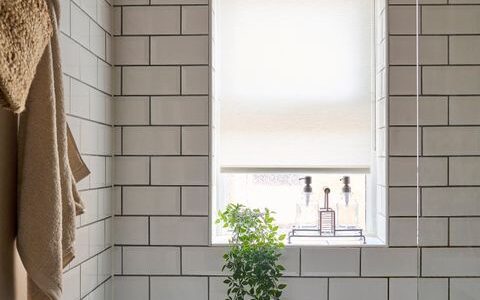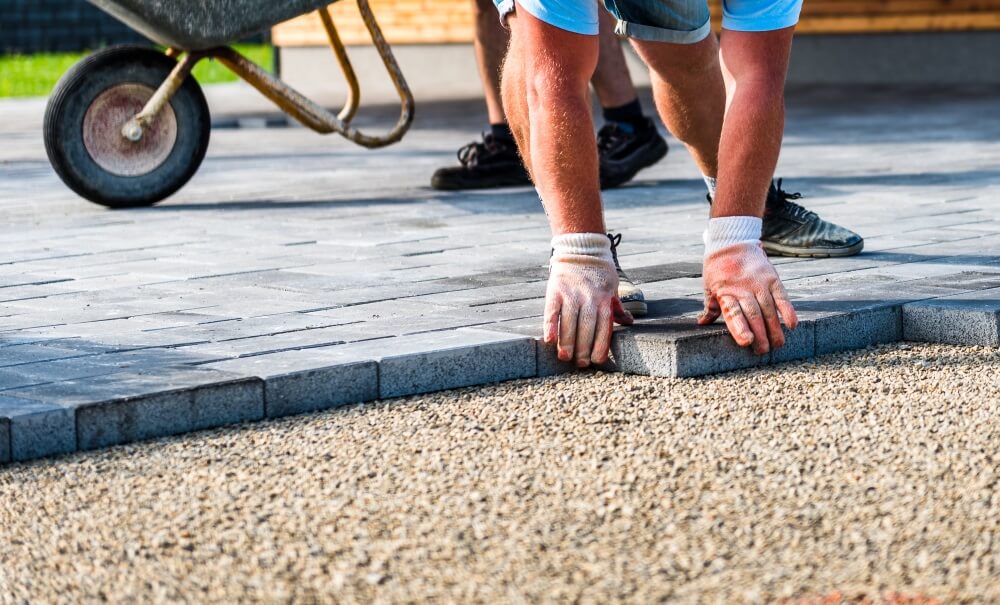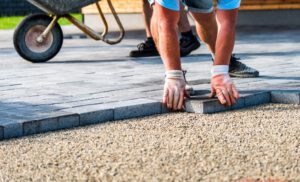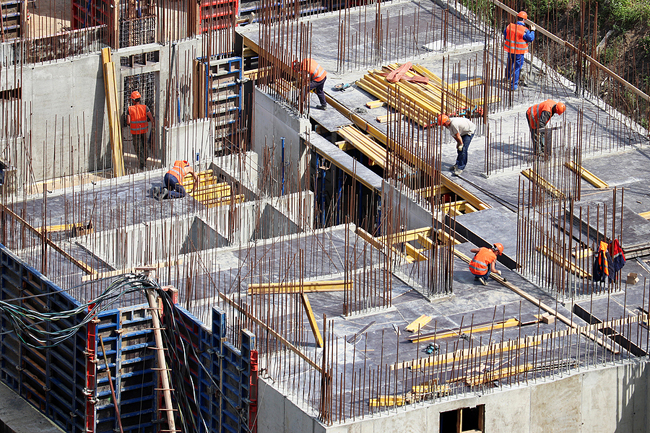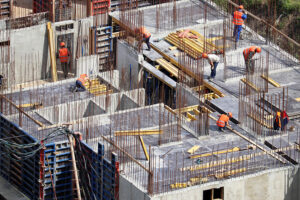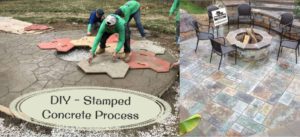Blinds are a practical and affordable choice for small windows. Whether you need light control, privacy or insulation, there is a window treatment to suit your space.
A little planning can ensure accurate measurements and a smooth process for your new window treatments. Start by assessing the space and clearing away any furniture or decor that might get in the way of precise measurements. Visit https://www.customblindsandshadesky.com/ to learn more.
Accordion blinds, also known as concertina shades, are a sleek and minimal window treatment that can add elegance to any home. Available in a wide range of colors, these blinds have a clean and uniform appearance that looks great with any décor. Their pleated design also helps to soften the light in a room and makes this window dressing a good choice for rooms where privacy is important.
These blinds can be easily lowered or raised by pulling on the integrated cords or rings that are connected to the bottom rail, which allows them to offer easy operation and versatility. They can also be customized to fit angled windows, arches, skylights, and other hard-to-reach areas.
Besides providing a stylish aesthetic, these shades can also provide an added level of insulation to your home, which will help you save money on energy bills all year round. The honeycomb-shaped cells trap hot and cold air to reduce drafts and improve your home’s energy efficiency.
In addition to their energy-saving features, these blinds are available in a variety of fabric options. Choose from a selection of stylish luxury woven fabrics, crush-resistant spunlace fabrics, or blackout fabrics. With so many choices, you’re sure to find the perfect fabric that coordinates with your home’s interior decor.
Another benefit of cellular shades is that they come in different configurations, making them ideal for most windows. These include inside mount, which can be mounted to the top or side of the window frame and is a good option for shallow depth windows, or outside mount, which can be mounted on the wall above the window frame. These blinds are also offered in various operating systems, including LiteRise®, UltraGlide®, and motorized control that integrates with smart home systems.
With a variety of color and material options, these blinds are suitable for most windows in any home. Their simple operation and sleek and minimalist appearance make them a popular window treatment for all kinds of homes. Moreover, these shades can be easily cleaned by vacuuming them with an upholstery attachment every month to keep them looking like new.
Vertical Blinds
Vertical blinds are a popular choice for many homeowners because of their affordability, versatility, and functionality. They also maintain privacy and control light and heat, allowing you to let in the sunlight when desired and keep it out when needed. However, like any other type of window treatment, there are some things to consider when purchasing and installing vertical blinds in your home.
To install vertical blinds, you will first need to secure the brackets to your window frame. Once they are installed, you can then move on to putting the individual slats into place. These slats are then attached to the headrail using their clips. This process is relatively quick and easy, ensuring that your new window coverings will be ready to use in no time.
The slats of a vertical blind are able to rotate, meaning that you can adjust the amount of light that enters your space. This allows for a variety of lighting options and can create a soft, romantic feel in your room. They can also be closed completely, blocking out any unwanted sunlight and heat. This helps to reduce your energy bills throughout the year and makes them an eco-friendly option for any homeowner.
Another great feature of a vertical blind is its ability to block out UV rays. This protects your furniture, carpeting, and artwork from fading due to excess sun exposure. This is especially important if you live in an area that experiences extreme weather conditions.
Lastly, a vertical blind offers excellent privacy for your home or office. The large slats help to ensure that only those who are intended to view your space will be able to do so. This is a particularly useful feature for offices and businesses, where maintaining privacy is an important concern.
When your vertical blinds start to malfunction, it can be frustrating. One common issue is when the slats of the blind won’t rotate. To fix this, you will need to carefully disengage the tilt mechanism by twisting each slat open and then closed. This will give the slat a chance to realign and then you can put it back into its stem hook.
Zebra Blinds
Zebra window blinds offer a stunning aesthetic to your home and the ability to transition between light filtering and room darkening. These modern shades utilize a roller mechanism that works to move opaque fabric stripes in the desired position, which you can control manually or with a motorized system. When the opaque stripes are overlapping, they allow for a beautiful light filtering effect and still offer privacy and glare reduction while permitting you to see outside. However, when the stripes are spaced out, they allow for complete privacy and room darkening.
You can customize your zebra shades with different colors and fabrics, and even select options that are designed to block all light in the room. Compared to traditional roller shade models, these sleek and stylish window treatments offer a more contemporary look that is ideal for any home design. And because you don’t need to install a valance, these window blinds are ideal for any style of window in your home.
During the day, you can roll your zebra shades up to enjoy a clear view and maximum sunlight. When the sun sets, you can lower your zebra blinds to experience total privacy and room darkening. And when it’s time for bed, you can simply spread the opaque stripes out again to create a relaxing and calm setting.
Because zebra blinds utilize a rolling mechanism, they are relatively easy to maintain and keep clean. They can be dusted with a soft cloth or duster regularly to remove any surface dust or debris. Additionally, you can use a mild soap and water mixture to wash your zebra blinds. It’s important to avoid using bleach or harsh cleaning chemicals as these can damage the fabric.
If you’re interested in learning more about zebra blinds, contact us today at Excellent Blinds & Shutters. Our window design experts are ready to provide you with thorough guidance from consultation to installation. We look forward to elevating your home with custom solutions that are designed just for you!
Mini Blinds
Mini blinds are a timeless window treatment choice that can instantly enhance your home’s decor with their sleek, horizontal slats. They are available in a wide range of colors, finishes, and materials, and can easily complement your existing furniture and decor for a cohesive look that is both sophisticated and functional. They provide light control and privacy options, and are easy to clean and maintain.
They are also great for controlling energy costs. With their slats, these blinds are capable of blocking out both natural sunlight and solar heat gain, helping you save money on your heating and cooling costs during the summer. They are made of materials that help reduce the transfer of thermal energy, and the slats can be tilted to reflect or filter sunlight as needed.
When choosing your window blinds, it’s important to take accurate measurements for a precise fit. To do so, make sure the area surrounding your windows is free of furniture or decor that could get in the way. You should also consider any hardware that might protrude into the window frame, such as handles or locks, as this may impact your blinds’ final size. It is also wise to double-check your measurements and involve a second person for added accuracy.
If you are replacing existing window treatments, such as curtains or valances, it’s helpful to remove them first. This will give you a clear, unobstructed view of the window and eliminate any discrepancies in your measurements caused by oversized or undersized existing blinds.
Once you’ve taken all the necessary measurements, you can decide whether to install your new window blinds inside or outside the casing. An inside mount shows off a window’s distinctive shape, while an outside mount can hide windows of unequal sizes and help unify and balance the appearance of your home’s exterior.
Inside mount installation is the easiest option, as it requires no additional mounting hardware or brackets. To measure for inside mount blinds, start by taking an exact measurement across the width of your window. Then, to determine the height value, measure from where you want your new window blinds to start to where you would like them to end. Once you have these values, select the narrowest width value for your blinds to ensure a snug fit without causing any overlap or pulling out.
